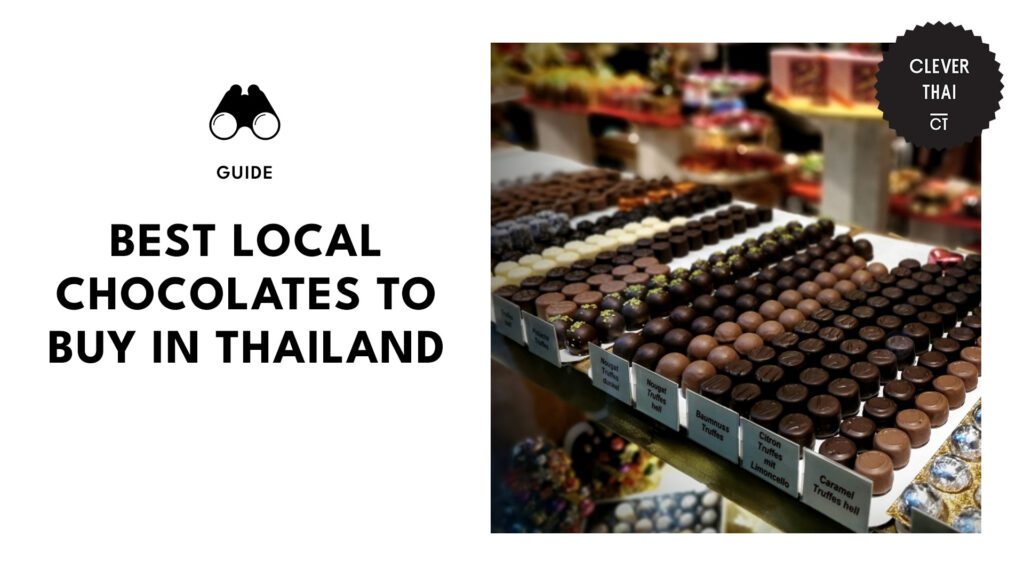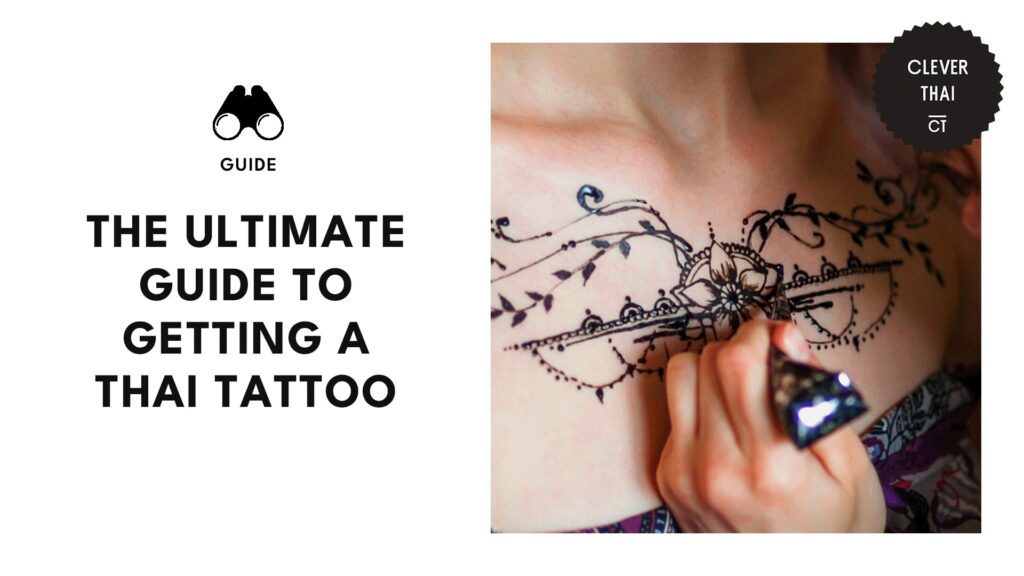Categories > Guides and Tips

Thailand Etiquette: Everything You Need to Know
- How does one show respect in Thailand?
- Thai Dining Etiquette
- Politely order your food and drinks
- Use utensils correctly and with respect
- Participate in communal dining customs and share dishes
- Show gratitude and appreciation for the meal
- Be mindful of the placement of your chopsticks
- Wait for the host to invite you to start eating
- Do not take the last bite from a shared dish
- Do not point utensils at others while eating
- Thai Temple Etiquette
- Dress respectfully when visiting temples
- Remove shoes before entering temple buildings
- Keep quiet and showing reverence inside the temple
- Avoid pointing feet at Buddha images
- Refrain from taking photographs in restricted areas
- Avoid public displays of affection inside the temple grounds
- Participate respectfully in temple ceremonies and rituals
- Thai Meeting Etiquette
- Offer a wai as a greeting
- Use appropriate titles and pronouns when addressing others
- Be punctual for meetings
- Start and end meetings with a brief pleasantries exchange
- Be patient during discussions and decision-making processes
- Allow the most senior person to lead the conversation
- Avoid scheduling meetings during significant cultural events
- Thai Gift Giving Etiquette
- Offer gifts with both hands as a sign of respect
- Choose appropriate gifts for the occasion and recipient
- Accept gifts with gratitude and a wai
- Do not pen gifts immediately in front of the giver
- Offer a small, token gift when invited to someone's home
- Thai Etiquette in Public Transportation
- Queue and wait in an orderly manner
- Give up seats to the elderly or disabled
- Use headphones and keep noise levels low
- Properly dispose the trash and keep the environment clean
- Mind personal space and avoid excessive physical contact
- Refrain from eating strong-smelling food on public transportation
- Yield seats to monks or novices if they board the vehicle
- Thai Business Etiquette
- Exchange business cards respectfully
- Wear proper attire for business meetings
- Show respect for hierarchy and seniority
- Maintain proper business communication
Planning a trip to Thailand and want to make sure you don’t accidentally step on any cultural toes? Luckily, that’s what we’re tackling here!
How does one show respect in Thailand?
In Thailand, show respect by following basic local etiquette, such as greeting with the wai. Also, dress modestly when visiting temples and remove shoes before entering homes or sacred places.
You must also refrain from touching someone’s head, avoid public displays of affection and always use your right hand for passing items.
That’s just basic, though! we’ll cover everything you need to know about Thai etiquette so you can navigate this beautiful country with ease and show the locals some well-deserved respect.
We’ve categorised the information based on various settings so you can easily read back as needed. Read on!
Thai Dining Etiquette
Politely order your food and drinks
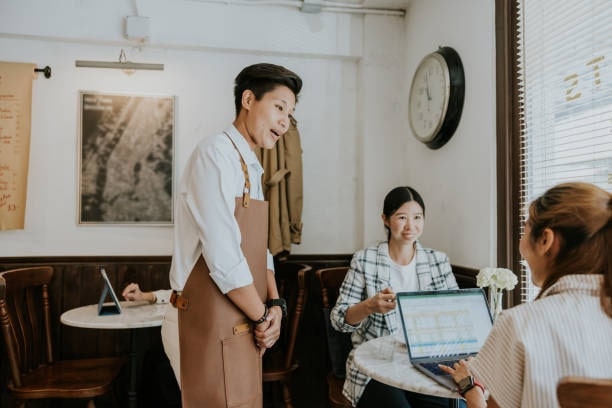
When dining in Thailand, it’s essential to be polite and respectful when ordering your food and drinks. Use the phrases khorb khun ka if you’re female or khorb khun krub if you’re male to say “thank you” after placing your order.
This simple gesture shows appreciation to the server for their assistance and sets a positive tone for the dining experience. It also reflects the Thai cultural value of showing gratitude and respect towards others.
Use utensils correctly and with respect
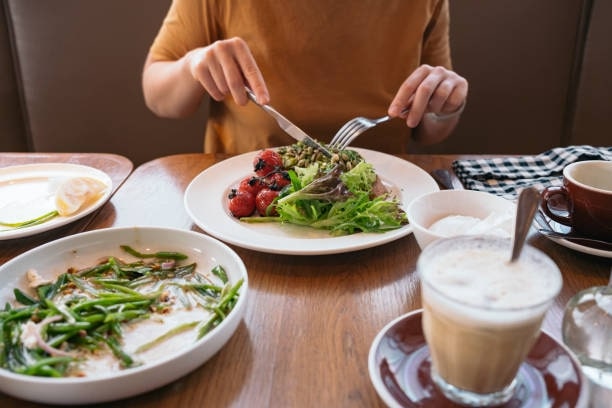
Thai meals typically come with a fork and a spoon, but without knives. To eat in the traditional manner, use the fork to push the food onto the spoon, and then eat with the spoon.
Avoid using the fork to bring food directly to your mouth, as it’s considered impolite and not in line with Thai dining customs.
Participate in communal dining customs and share dishes
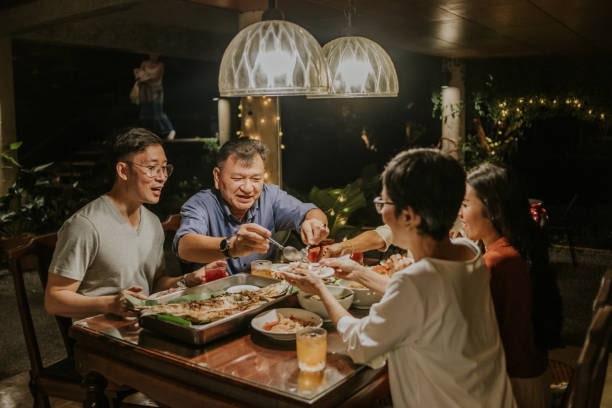
Thai dining is often a communal experience, where multiple dishes are shared among the diners. Embrace this aspect of Thai culture by taking a small portion of each dish onto your plate and sharing it with others.
This communal style of dining fosters a sense of togetherness and creates an opportunity to bond with your fellow diners. It’s also an excellent way to sample a variety of flavours and dishes that Thai cuisine has to offer.
Show gratitude and appreciation for the meal
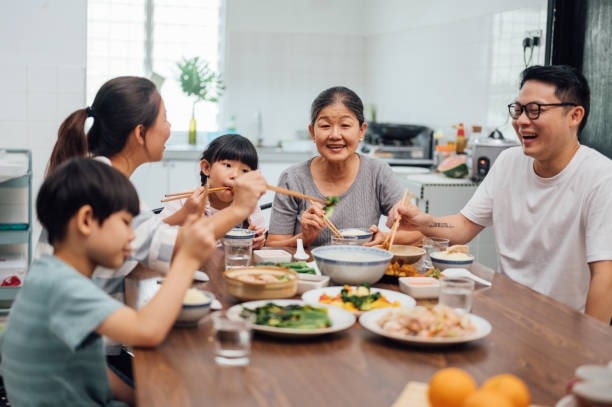
At the end of the meal, take a moment to express your gratitude and appreciation for the food and the dining experience. Saying “aroi mak!” which means “very delicious!” in Thai, is a heartfelt way to compliment the cook or the restaurant.
Additionally, don’t forget to thank the host or the restaurant staff. This act of showing gratitude is highly valued in Thai culture and leaves a positive impression on the people around you.
Be mindful of the placement of your chopsticks
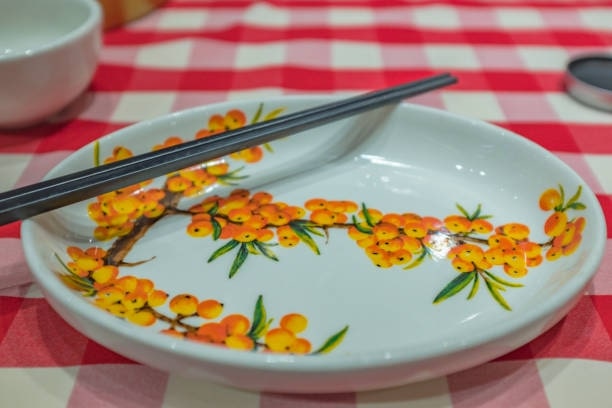
Never stick your chopsticks vertically into a bowl of rice as it resembles a funeral ritual and is considered highly disrespectful.
Also, it’s important not to place your chopsticks in the shape of an “X” on the table when you’re finished with your meal. This is because the “X” symbolises bad luck and is associated with death in Thai culture.
Instead, when you are done eating, lay your chopsticks parallel to each other on your plate or on a chopstick rest, if one is provided.
Wait for the host to invite you to start eating
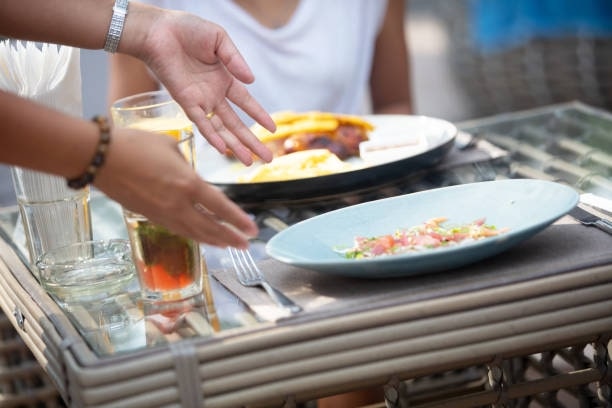
Thais have a strong sense of hospitality, and when invited to a meal, it’s customary to wait for the host to begin eating before you start. This shows appreciation for their gesture of inviting you and reflects your respect for their role as the host.
Be patient and observe others at the table, as they may also wait for the host to take the first bite before starting their meal.
Do not take the last bite from a shared dish
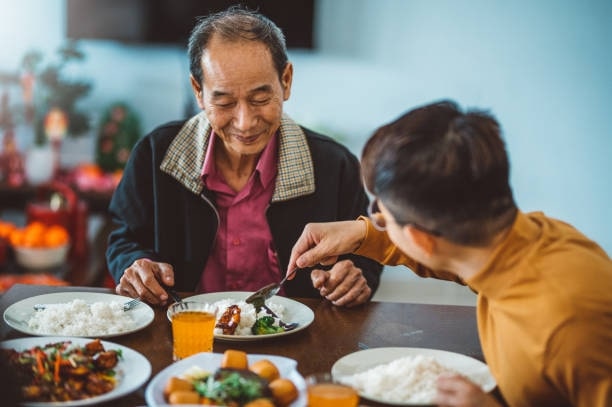
In communal dining situations, where dishes are shared among diners, it’s considered polite not to take the last remaining piece of food from a shared dish.
Leaving a small portion of food signifies abundance and hospitality, indicating that there is enough food for everyone at the table. In most cases, the host should get the last taste, however they might still offer it to you.
Do not point utensils at others while eating
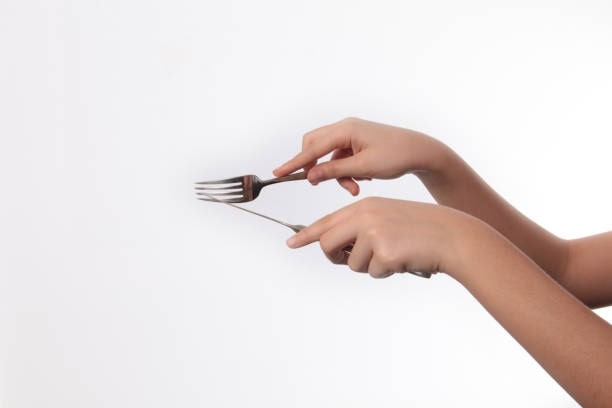
Pointing utensils, especially chopsticks, at others during a meal is considered impolite in Thai culture. It’s reminiscent of an accusatory or aggressive gesture, which can cause discomfort and offend others.
Instead, when not using your utensils, place them down on your plate or rest them on the chopstick rest, with the tips pointing away from others.
Thai Temple Etiquette
Dress respectfully when visiting temples

When visiting temples in Thailand, opt for modest and respectful attire. Wearing clothing that covers your shoulders, knees, and chest is appropriate.
Loose, comfortable clothing is ideal for the hot weather. Avoid revealing outfits or clothing with offensive imagery to show respect to the sacred space and the local customs.
Remove shoes before entering temple buildings
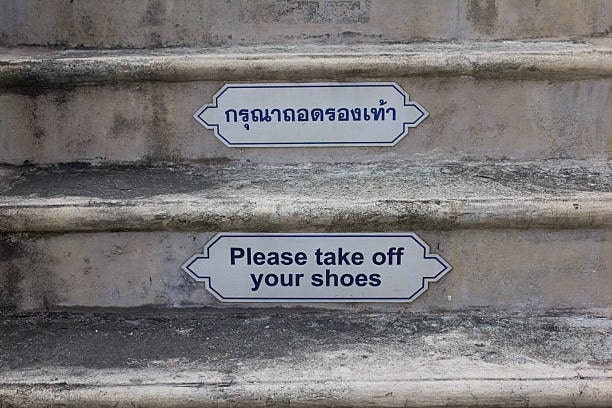
Before entering any temple building, it’s customary and respectful to remove your shoes. Look for a designated shoe area or follow the lead of locals.
Going barefoot or wearing socks is acceptable within the temple premises. This practice symbolises leaving impurities and worldly matters outside the sacred space.
Keep quiet and showing reverence inside the temple
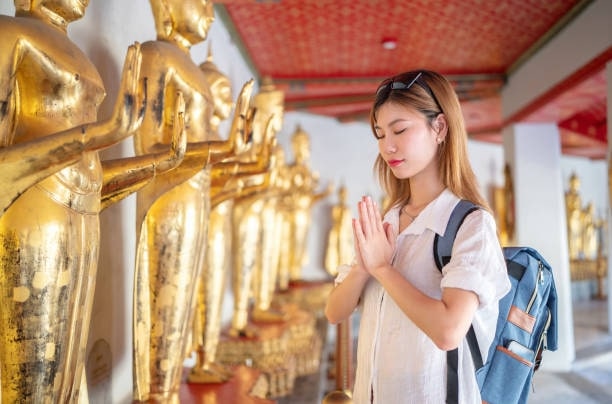
Inside the temple, maintain a peaceful and reverent demeanour. Speak softly or refrain from talking altogether to preserve the sanctity of the space and allow others to meditate or pray undisturbed.
Ultimately, be mindful of your actions and avoid any disruptive behaviour.
Avoid pointing feet at Buddha images
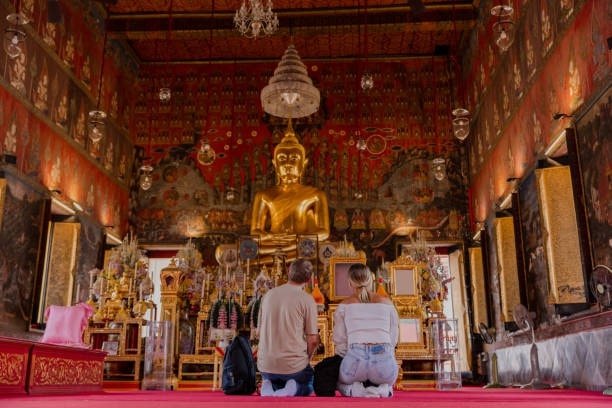
In Thai culture, the feet are considered the lowest part of the body both physically and spiritually. It’s considered disrespectful to point the soles of your feet towards Buddha images or any religious artefacts in the temple.
When sitting, tuck your feet behind you or cross your legs to avoid pointing your feet directly at sacred objects.
Refrain from taking photographs in restricted areas
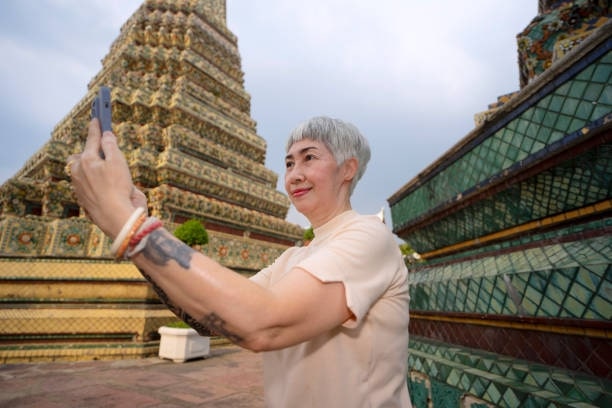
Avoid taking photos in restricted areas, as some sections of the temple may be considered sacred or private. These restrictions are in place to maintain the sanctity and privacy of the temple space.
Always look for signs or ask for guidance from temple staff to ensure you are following the guidelines appropriately.
Avoid public displays of affection inside the temple grounds
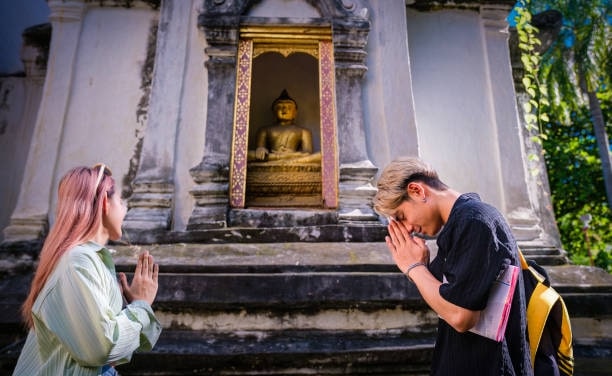
Public displays of affection, such as hugging, kissing, or holding hands, should be avoided within the temple premises. Temples are places of worship and meditation, and maintaining a sense of tranquillity and respect is crucial.
Save any expressions of affection for outside the temple grounds, where it is more appropriate.
Participate respectfully in temple ceremonies and rituals
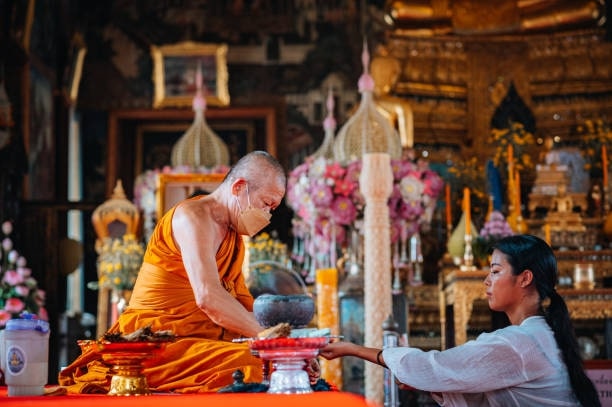
If you have the opportunity to participate in temple ceremonies or rituals, approach them with respect and humility. Observe and follow the lead of the locals or temple staff to ensure you are performing the rituals correctly.
When required, remove your shoes and remain quiet during the ceremonies. It’s okay to take cues from others around you, but if you’re uncertain about what to do, it’s best to observe quietly.
Thai Meeting Etiquette
Offer a wai as a greeting
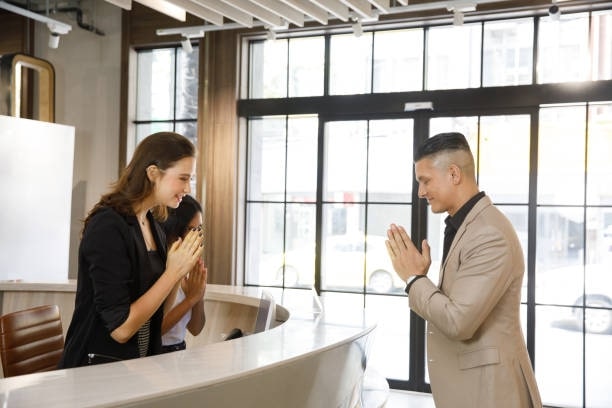
The traditional Thai greeting of the wai is a fundamental aspect of Thai meeting etiquette. It goes beyond a simple handshake and carries deep cultural significance.
When initiating a wai, bring your hands together with the fingers pointing upwards, and the palms pressed gently against each other.
The position of the hands can vary based on the level of respect or formality required. For example, when greeting a friend or someone of similar status, the hands are held at chest level.
When showing respect to elders or those in higher positions, the wai is performed higher, closer to the face or forehead.
In a business setting, especially when meeting someone for the first time, offering a wai is a sign of courtesy and shows your appreciation for Thai customs and traditions.
Use appropriate titles and pronouns when addressing others

The use of proper titles and pronouns is crucial in Thai meeting etiquette, as it demonstrates respect and acknowledges the hierarchical structure of Thai society.
Addressing someone by their title and first name is common, such as Khun followed by their given name.
However, when addressing someone older, of higher status, or in a more formal setting, adding an appropriate title like Khun or Ajarn (for teachers) is essential.
Additionally, using polite pronouns like Pee for someone slightly older or Nong for someone younger shows courtesy and establishes a friendly atmosphere.
Be punctual for meetings

Image source: iStock
In Thai culture, punctuality is a sign of respect and professionalism. Arriving on time for meetings indicates that you value the other participants’ time and the importance of the gathering.
Being late can be interpreted as a lack of consideration and may cause discomfort or embarrassment. It’s wise to plan your schedule accordingly and allow for potential traffic or delays to ensure you arrive promptly.
Start and end meetings with a brief pleasantries exchange
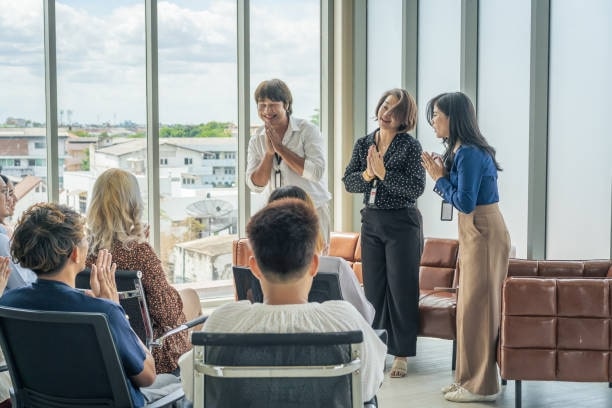
In Thai business culture, it’s common to begin and end meetings with a friendly and polite exchange of pleasantries.
Engage in small talk, such as asking about their well-being or their journey to the meeting. Similarly, when concluding the meeting, express appreciation for their time and contributions.
Be patient during discussions and decision-making processes
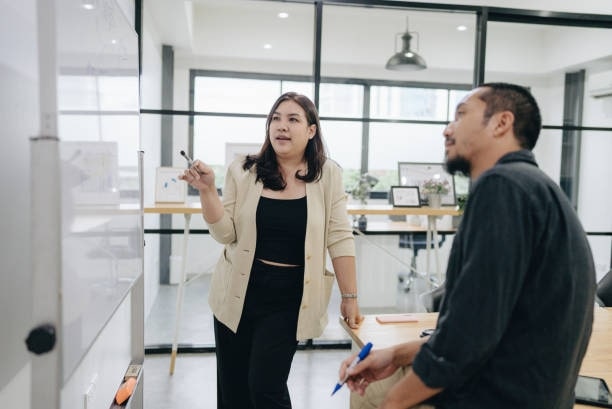
Thai meetings often involve a more relaxed pace, with an emphasis on building consensus and harmony. Be patient and allow ample time for discussions and decision-making.
Respectful listening and understanding differing viewpoints are valued traits in Thai culture. Avoid rushing or pushing for immediate answers, as this can be seen as impolite.
Allow the most senior person to lead the conversation

In Thai society, respect for hierarchy is paramount, even in business settings. During meetings, it’s essential to let the most senior person present lead the conversation.
Allow them to set the agenda and guide the discussion. Avoid interrupting or contradicting them openly, as this may cause discomfort or offence.
Instead, listen attentively and contribute your ideas or feedback in a respectful manner. By deferring to the most senior person, you show your understanding and appreciation of Thai hierarchical values.
Avoid scheduling meetings during significant cultural events
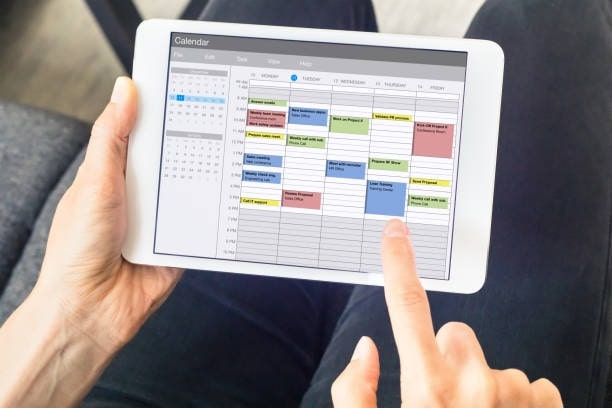
Thailand boasts a rich tapestry of cultural celebrations and festivals throughout the year. When arranging business meetings, try to avoid scheduling them during significant cultural events or holidays.
These occasions hold great importance to the Thai people and may lead to low attendance or distractions.
Thai Gift Giving Etiquette
Offer gifts with both hands as a sign of respect
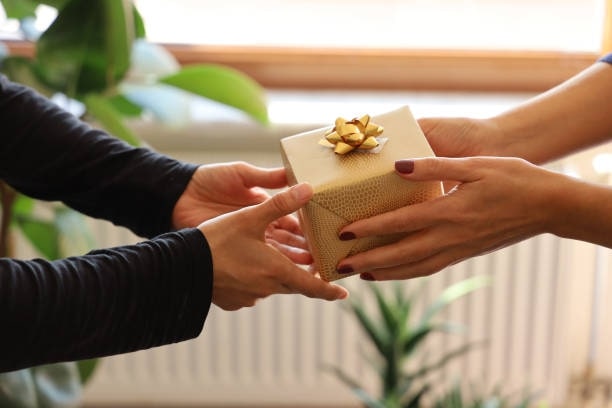
When presenting a gift in Thailand, it’s a thoughtful gesture to use both hands while offering it to the recipient. This action shows respect and indicates that you are giving the gift with sincerity and goodwill.
Additionally, offering the gift with a warm smile and a slight bow adds an extra touch of appreciation and politeness.
Choose appropriate gifts for the occasion and recipient
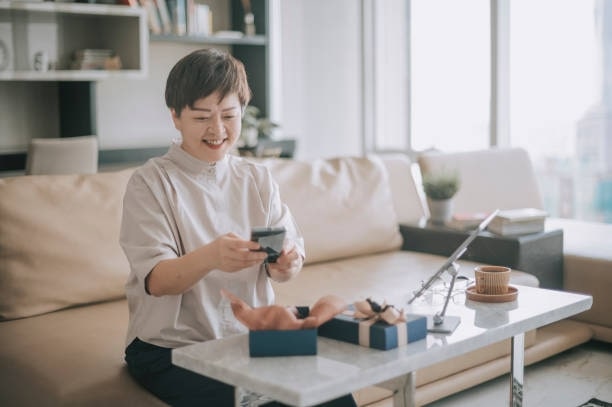
Selecting the right gift is essential in Thai culture. Consider the occasion and the recipient’s preferences or interests.
Commonly appreciated gifts include fruit baskets, flowers (except white flowers as they are associated with funerals), traditional handicrafts, or locally-made souvenirs.
Avoid giving items associated with negativity, such as black or white colours, sharp objects, or clocks, as they can be interpreted as bad luck or inauspicious.
Accept gifts with gratitude and a wai

If you are the recipient of a gift, receive it with both hands as a sign of appreciation and respect. Show genuine gratitude by offering a wai and saying thank you in Thai.
The wai can be performed at chest level as a friendly gesture. Expressing your thankfulness is essential, as it acknowledges the thoughtfulness of the giver and strengthens the bond between you.
Do not pen gifts immediately in front of the giver

Unlike some cultures where opening gifts right away is encouraged, in Thailand, it is considered polite to wait until you are in private before unwrapping or inspecting the gift.
Opening a gift immediately in front of the giver might be seen as impolite or even greedy, as it could suggest that you are more interested in the gift itself rather than the gesture of giving.
Instead, wait until you are alone to open the gift, and then consider sending a thank-you note or expressing your gratitude in person later.
Offer a small, token gift when invited to someone’s home

When you receive an invitation to someone’s home in Thailand, it’s a thoughtful gesture to bring a small, token gift as a sign of appreciation and respect. This gift doesn’t need to be extravagant or expensive; rather, it’s the thought that counts.
Consider items like a box of local sweets, a decorative item, or a small potted plant. Offering a gift shows your gratitude for the invitation and reflects the warm Thai custom of reciprocating kindness.
It’s a wonderful way to express your goodwill and make a positive impression on your hosts.
Thai Etiquette in Public Transportation
Queue and wait in an orderly manner

In Thailand, public transportation operates smoothly because of the respect for queuing and waiting in an orderly manner.
Whether you’re at a bus stop, train station, or boarding any form of public transport, join the queue and patiently wait your turn. Avoid rushing or pushing to the front, as Thais value politeness and showing consideration for others.
Give up seats to the elderly or disabled
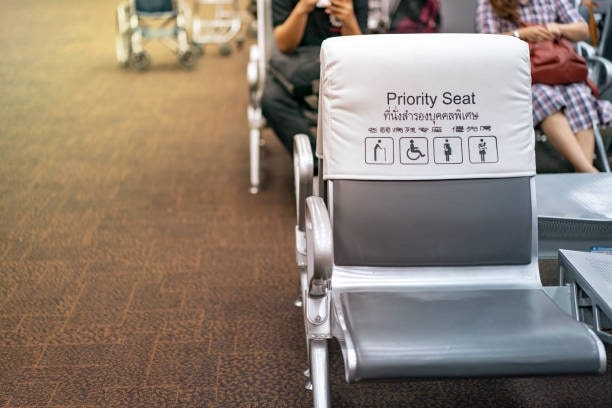
Thai culture places great emphasis on caring for the elderly and those with disabilities. When at bus stops, train stations, or any boarding point, join the line and wait patiently for your turn.
If you are seated on a crowded bus or train and see an elderly person, a pregnant woman, or someone with a disability standing, it’s customary to offer your seat to them.
This small act of kindness and compassion is highly regarded and reflects the strong sense of community in Thailand.
Also, avoid rushing, pushing, or jostling, as this is considered impolite and may lead to unnecessary tension among passengers.
Thais value politeness and showing consideration for others, and the harmony of public transportation is maintained through this simple yet powerful display of courtesy.
Use headphones and keep noise levels low
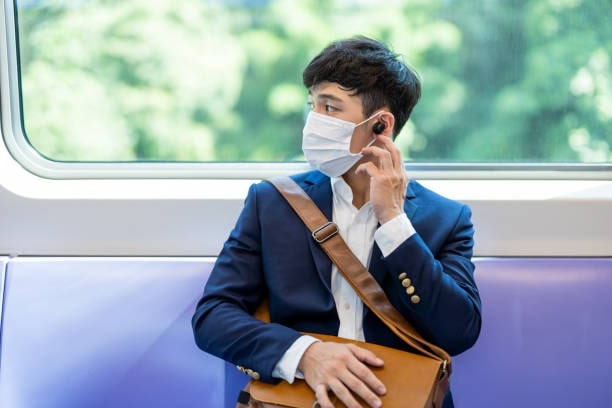
Respecting others’ space and maintaining a peaceful environment on public transportation is essential in Thailand. If you want to listen to music, watch videos, or make phone calls, use headphones to avoid disturbing fellow passengers.
Conversations should be kept at a reasonable volume to ensure a pleasant and comfortable journey for everyone.
Properly dispose the trash and keep the environment clean

Thailand takes great pride in its pristine landscapes and clean public spaces. As a responsible traveller, make sure to dispose of your trash properly.
Look for designated trash bins on buses, trains, or at stations, and use them to discard any waste.
Avoid littering, as it goes against Thai values of cleanliness and respect for the environment.
Mind personal space and avoid excessive physical contact

When using public transportation in Thailand, it’s essential to be mindful of personal space and avoid unnecessary physical contact with fellow passengers. Respect others’ boundaries and try to maintain a comfortable distance from others.
Avoid leaning on or bumping into people, as it can be perceived as intrusive.
Refrain from eating strong-smelling food on public transportation

While Thailand boasts a delectable array of street food, it’s best to refrain from consuming strong-smelling dishes while on public transportation.
Some dishes like durian or fermented fish, though delicious, have a potent aroma that can be overwhelming in confined spaces.
Yield seats to monks or novices if they board the vehicle
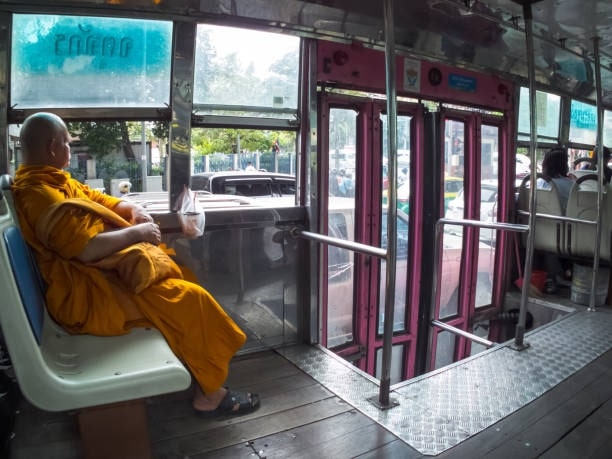
In Thai culture, monks and novices hold a special place of reverence and respect. If you’re on public transportation and a monk or novice boards the vehicle, it’s customary to offer them a seat if one is available.
This simple act of kindness shows your appreciation for their spiritual role and reflects the deep-rooted Buddhist customs of generosity and compassion.
Thai Business Etiquette
Exchange business cards respectfully
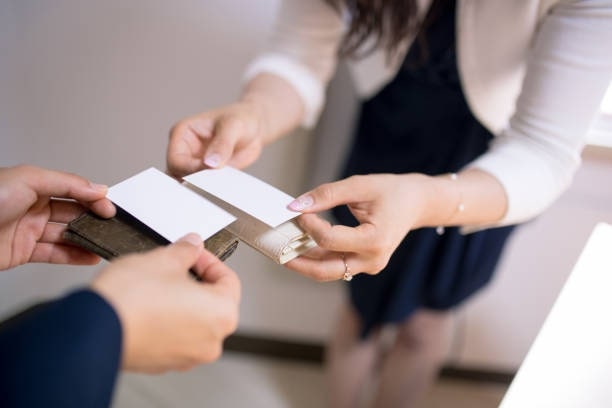
In Thai business culture, exchanging business cards is a formal and significant gesture. When presenting or receiving a card, do so with both hands as a sign of respect.
Take a moment to read the card before carefully placing it in a cardholder or a respectful pocket, not in your back pocket, which may be seen as disrespectful.
Offering your card to the most senior person in the room first is considered polite, showcasing your understanding of Thai hierarchy.
Wear proper attire for business meetings

Dressing appropriately for business meetings in Thailand is crucial. Opt for conservative and formal attire, such as a suit or dress in darker colours.
Avoid revealing or flashy clothing, as it may be perceived as inappropriate in a professional setting.
By dressing respectably, you demonstrate your seriousness and commitment to the business environment, gaining trust and leaving a positive impression.
Show respect for hierarchy and seniority

Thailand has a hierarchical society, where age, social status, and position are deeply respected.
During meetings, pay close attention to the dynamics and interactions among participants to understand the hierarchy within the group or organisation.
The most senior person often leads the discussion, and their opinions carry significant weight. When expressing your thoughts, do so in a manner that is respectful and deferential to those in higher positions.
Avoid challenging or contradicting them openly, as it may be perceived as impolite. Instead, seek to find common ground and use indirect communication to address any concerns.
Maintain proper business communication

Image source: iStock
Effective communication is key to successful business interactions in Thailand. Be polite, courteous, and maintain a calm demeanour, even during challenging discussions.
Avoid aggressive or confrontational behaviour, as it can lead to discomfort and hinder productive negotiations.

